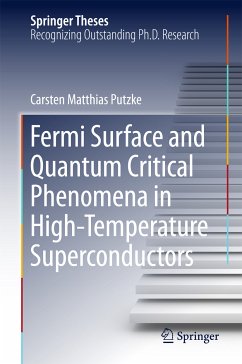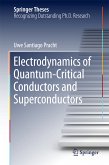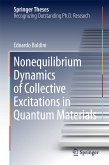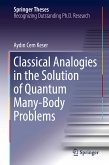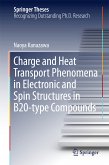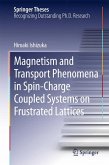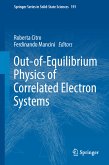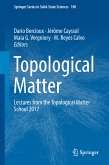This thesis provides a detailed introduction to quantum oscillation measurement and analysis and offers a connection between Fermi surface properties and superconductivity in high-temperature superconductors. It also discusses the field of iron-based superconductors and tests the models for the appearance of nodes in the superconducting gap of a 111-type pnictide using quantum oscillation measurements combined with band structure calculation.
The same measurements were carried out to determine the quasiparticle mass in BaFe2(As1-xPx)2, which is strongly enhanced at the expected quantum critical point. While the lower superconducting critical field shows evidence of quantum criticality, the upper superconducting critical field is not influenced by the quantum critical point. These findings contradict conventional theories, demonstrating the need for a theoretical treatment of quantum critical superconductors, which has not been addressed to date.
The quest to discover similar evidence in the cuprates calls for the application of extreme conditions. As such, quantum oscillation measurements were performed under high pressure in a high magnetic field, revealing a negative correlation between quasiparticle mass and superconducting critical temperature.
Dieser Download kann aus rechtlichen Gründen nur mit Rechnungsadresse in A, B, BG, CY, CZ, D, DK, EW, E, FIN, F, GR, HR, H, IRL, I, LT, L, LR, M, NL, PL, P, R, S, SLO, SK ausgeliefert werden.
Es gelten unsere Allgemeinen Geschäftsbedingungen: www.buecher.de/agb
Impressum
www.buecher.de ist ein Internetauftritt der buecher.de internetstores GmbH
Geschäftsführung: Monica Sawhney | Roland Kölbl | Günter Hilger
Sitz der Gesellschaft: Batheyer Straße 115 - 117, 58099 Hagen
Postanschrift: Bürgermeister-Wegele-Str. 12, 86167 Augsburg
Amtsgericht Hagen HRB 13257
Steuernummer: 321/5800/1497
USt-IdNr: DE450055826
Bitte wählen Sie Ihr Anliegen aus.
Rechnungen
Retourenschein anfordern
Bestellstatus
Storno

